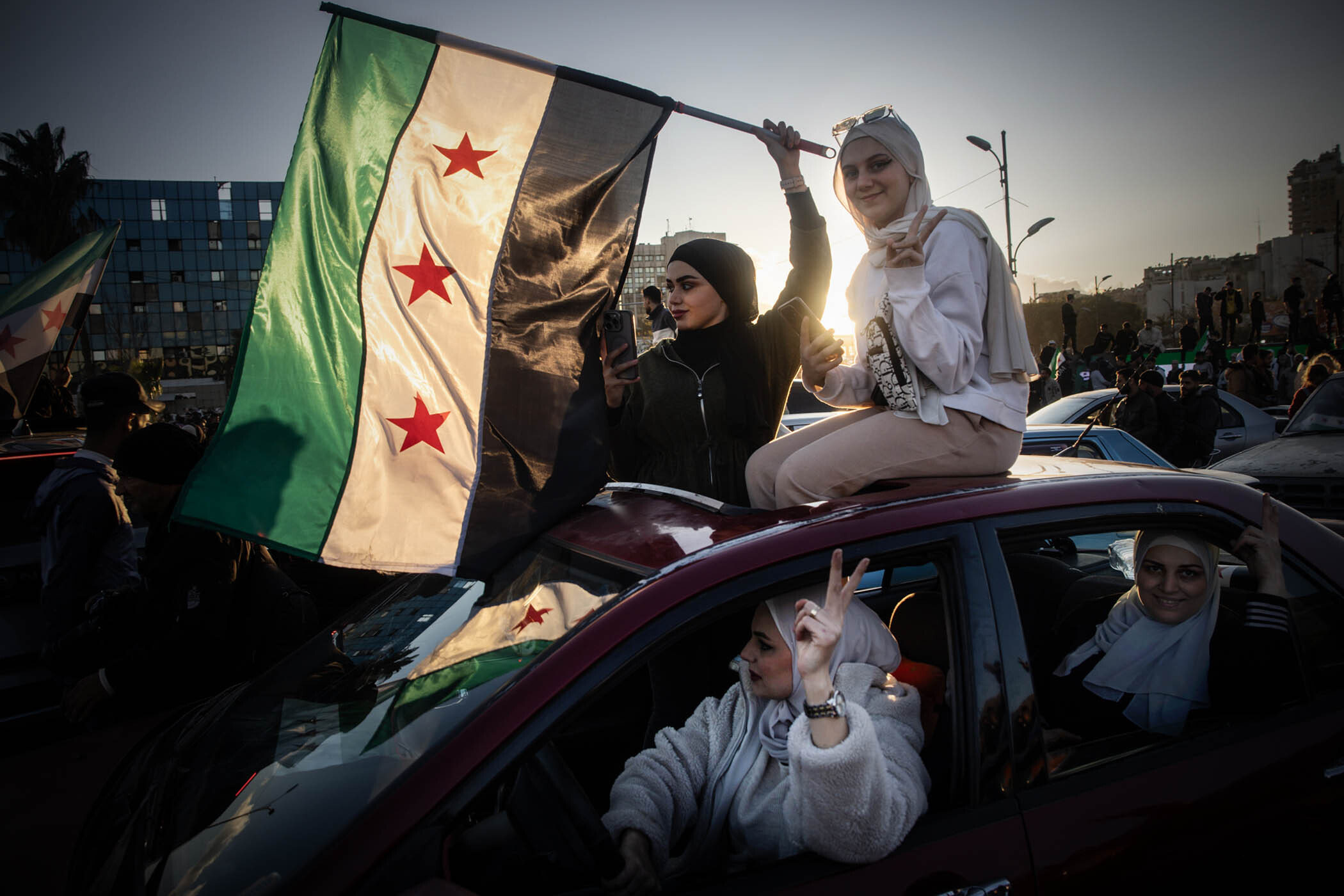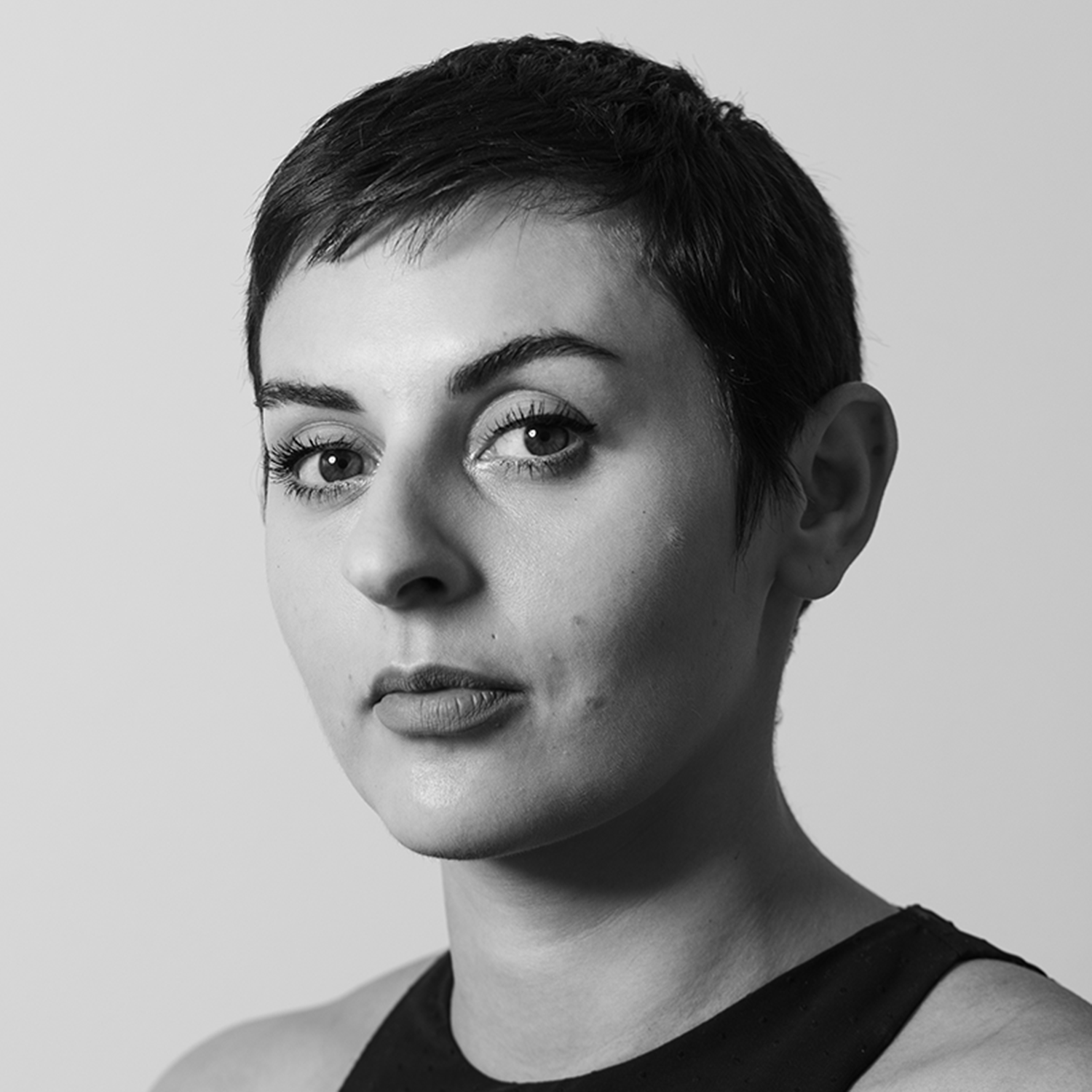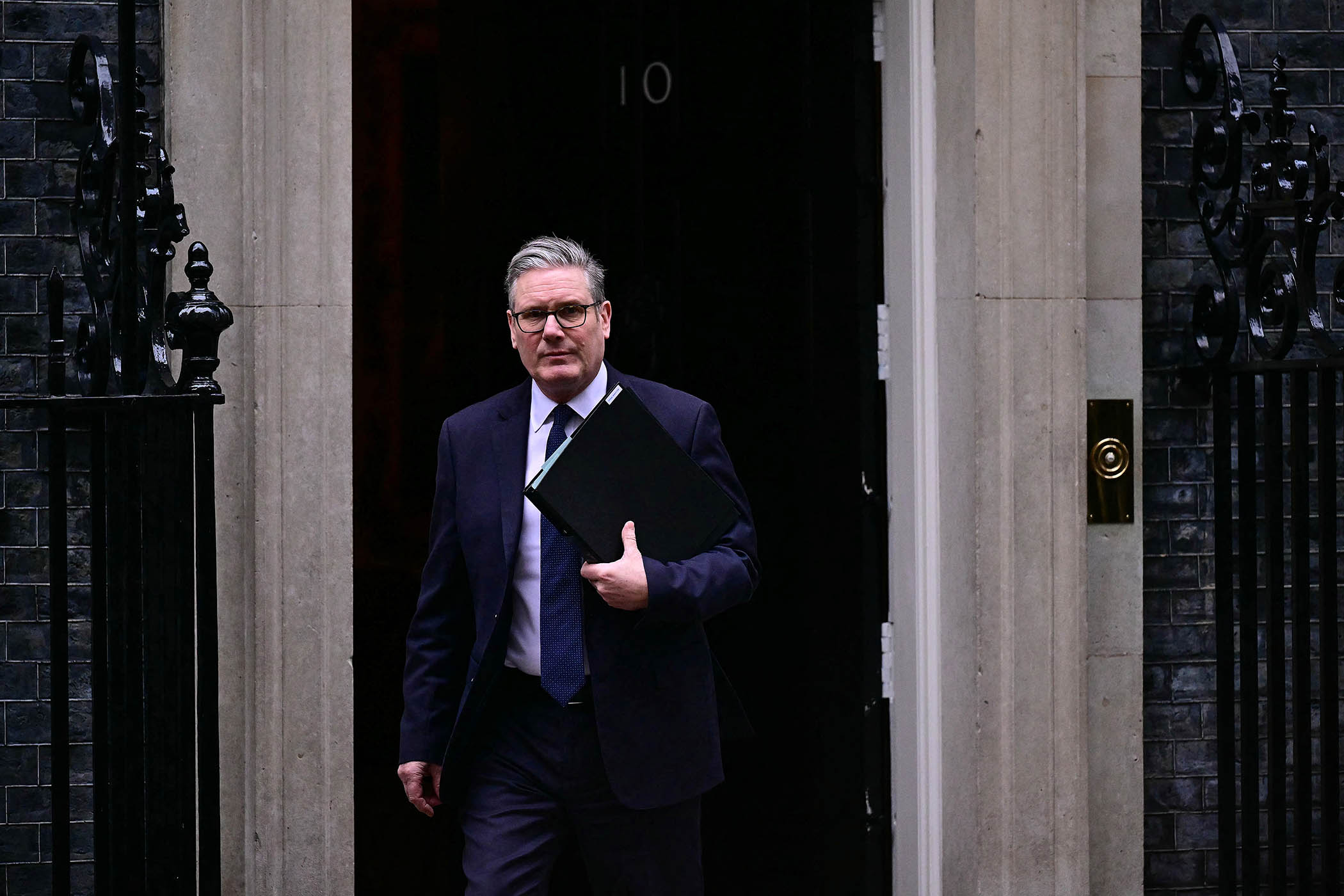In the months since the dictator Bashar al-Assad was ousted, Syrians are looking for signs that their country is on the path to becoming a democracy. But a delay to parliamentary elections initially scheduled for this week seems to signal slow progress to nowhere.
So what? These elections are the only shred of public participation available after the end of a dynasty when even the mildest government opposition meant detention, torture or death. The interim president Ahmed al-Sharaa spearheaded the insurgency that ultimately forced Assad to flee to Moscow. But the political transition is taking time and Syrians now face
•
vague promises from officials that a ballot will be held before the end of this month;
•
a process where they only elect two-thirds of the new parliament, with the rest appointed by Sharaa; and
•
the exclusion of three minority-dominated regions from voting.
Explanation. Syrian officials attribute the delay to a huge surge in candidates and say they are still reviewing applications for electoral colleges. Tareq al-Kurdi, a member of the government election committee, said there was an “increased desire to participate” and the large turnout had been more work than the body could handle in the short time.
Others demur. “The process is not a popular vote or a general election,” Syrian analyst Haid Haid writes. Instead pre-selected electoral colleges will choose district representatives, with a third of the chamber appointed directly by Sharaa.
This marks an incremental shift towards democracy from the transitional government, but the ballot seems to be where that ends and there are few hopes that the new body will really challenge Sharaa. Although the electoral process itself promises broader representation and an effort to safeguard the transition, there are concerns over procedure and oversight.
What Syria comes next? The ability to hold a ballot has become a litmus test for Sharaa. Critics of the former al-Qaeda member say that he is seeking to quash the country’s nascent democracy, pointing towards his willingness to give government positions to family members and controversial ex-fighters or those accused of abuses.
Then there was his choice to appoint himself president earlier this year, declaring this in a room of uniformed fighters. Sharaa can rule for five years under Syria's new constitution. Charismatic and with a distinct personal touch that Assad lacked, Sharaa is popular – especially among more conservative sections of Syrian society. But then, his critics say, why not put it to a vote.
Fragile state. The question is whether Syria is stable enough to hold any ballot as things stand. There have been several spasms of sectarian violence, with newly minted government security forces accused of involvement, or doing little to prevent the cycle of attacks.
A reminder. Ongoing fighting in the southern province of Suweida has killed more than a thousand civilians and fighters this year. In March a brutal week of extrajudicial killings and abuses targeted members of the Alawite minority and left 1,500 people dead.
There are major questions about who will rule in the northeast, an area currently held by a majority Kurdish administration. While Kurdish forces signed a power-sharing agreement with Damascus last March, little has changed on the ground.
Newsletters
Choose the newsletters you want to receive
View more
For information about how The Observer protects your data, read our Privacy Policy
Votes for some. Sectarian violence across the country remains a raw nerve in Syria’s transition. Officials have tried to skirt around the issue by announcing that the election will not take place in Suweida or much of the Kurdish-controlled northeast due to the security situation.
The likely result… is that Syria’s minorities will be shut out of government, with an administration filled by parliamentarians who may not want to challenge a powerful president.
Related articles:



